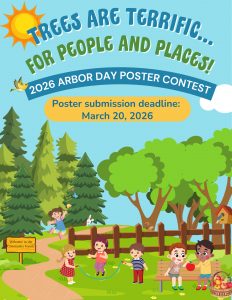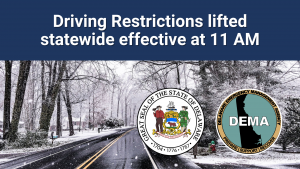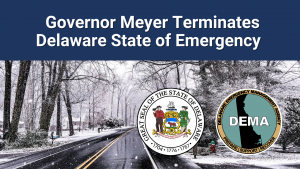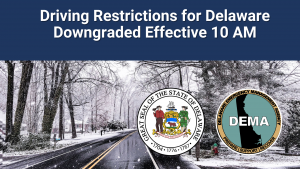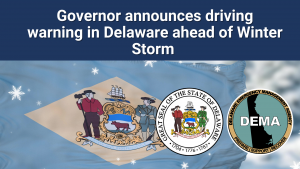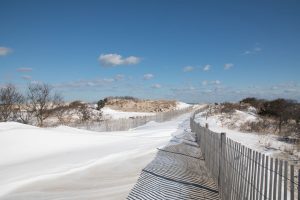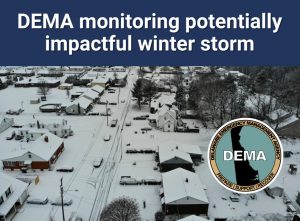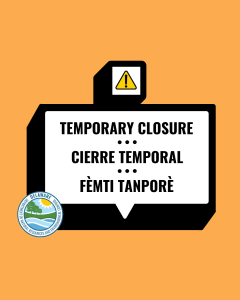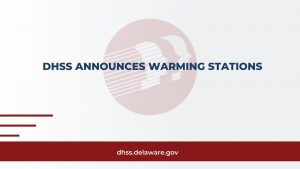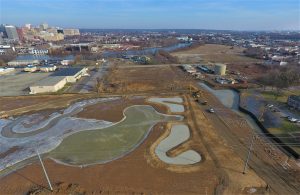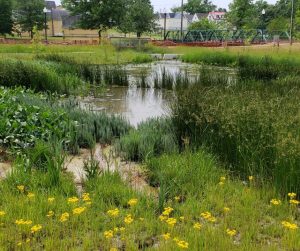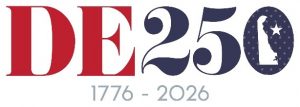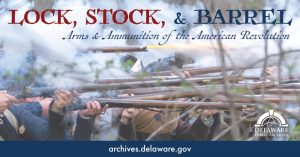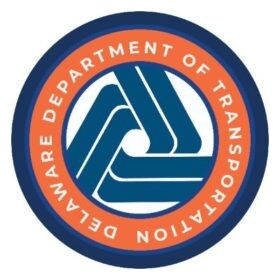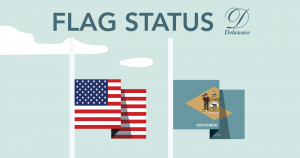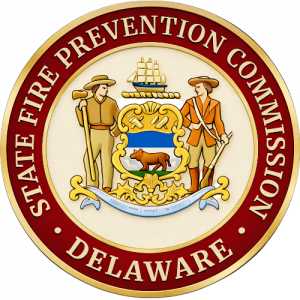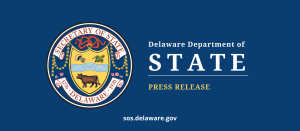DOVER – Final amendments to the Regulations Governing Delaware’s Coastal Zone, approved Aug. 26 by the Coastal Zone Industrial Control Board (CZICB), have been published in the September Register of Regulations and become effective Sept. 11, 2019, Department of Natural Resources and Environmental Control Secretary Shawn M. Garvin announced today.
HB190, signed into law by Governor John Carney on Aug. 2, 2017, authorized the Department of Natural Resources and Environmental Control (DNREC) to issue permits for construction and operation of new heavy industry uses at 14 existing heavy industry use sites within the state’s Coastal Zone. Like standard Coastal Zone permits, conversion permits require an assessment of the environmental and economic impacts of the proposed conversion.
To begin the process of developing regulations, DNREC Secretary Garvin convened a Regulatory Advisory Committee (RAC), comprising various stakeholder groups and chaired by retired Delaware Supreme Court Justice Randy Holland. The committee provided recommendations on a number of issues, including a Sea Level Rise and Coastal Storms Plan, an Environmental Remediation and Stabilization Plan, and evidence of financial assurance. DNREC then held public workshops to gather input on developing regulations for issuing permits.
The committee’s work and recommendations were presented at open houses, where public comments were received. Comments also were submitted to DNREC during a public comment period. The Secretary’s draft regulations and amendments were also presented to the CZICB for approval, as mandated by the Coastal Zone Conversion Permit Act.
“From the start of the process, DNREC has been committed to developing the regulations governing Delaware’s Coastal Zone Act Conversion Permit, consistent with the law, in a transparent manner that facilitated and encouraged public input and involvement,” Secretary Garvin said. “The new regulations incorporate recommendations from the RAC, technical experts, and the public that were received throughout the process.”
The regulations provide for Coastal Zone Conversion Permits to return industrial sites to active or more productive use while ensuring the protection of natural resources.
The new Regulations Governing Delaware’s Coastal Zone can be found online at Delaware’s Register of Regulations.
Media contact: Joanna Wilson, DNREC Public Affairs, 302-739-9902
Vol. 49, No. 229
-End-















